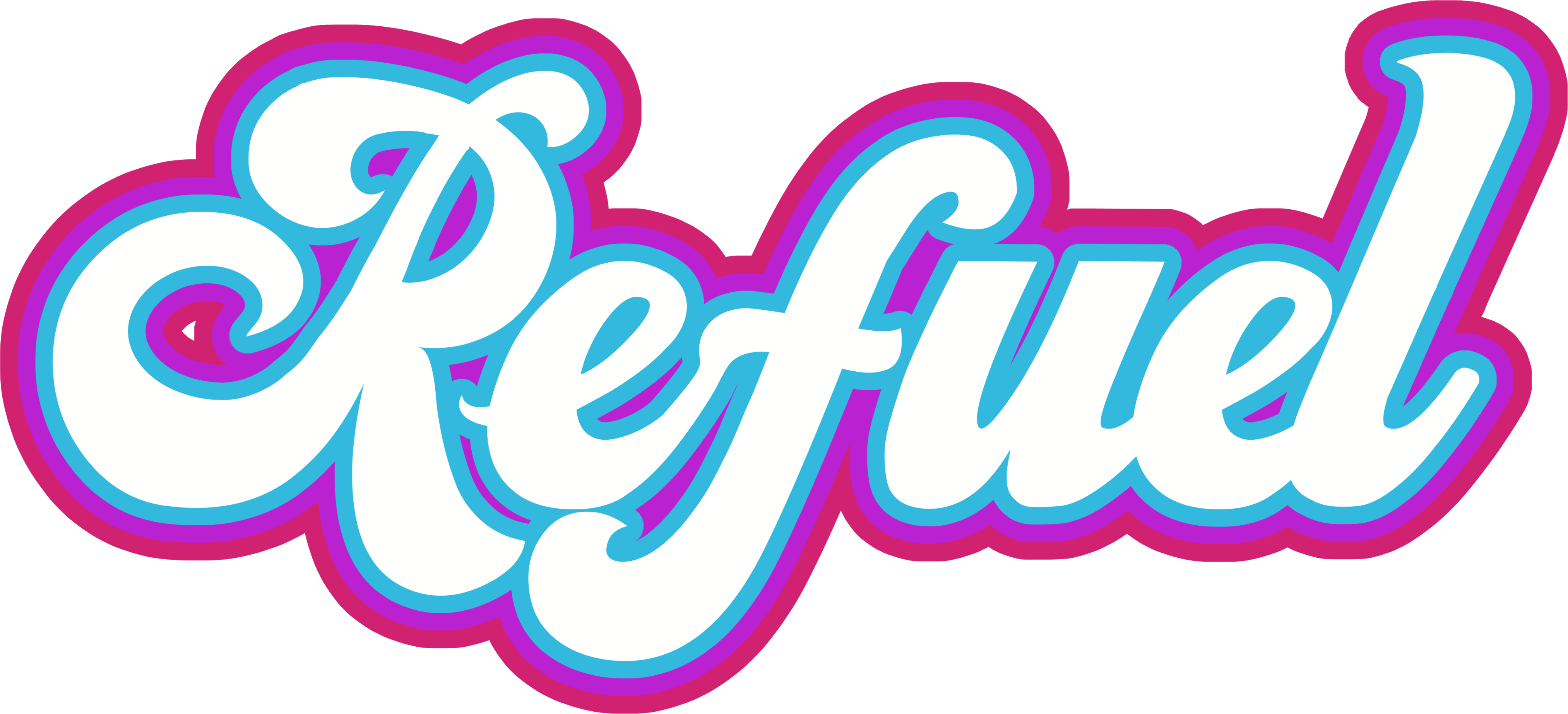
Exploring the Potential of Delta-9 THC for Anxiety Relief
Anxiety disorders affect millions of people worldwide, and individuals are constantly seeking effective methods to manage their symptoms. The potential use of delta-9 tetrahydrocannabinol (THC), the primary psychoactive compound found in cannabis, has garnered interest as a potential remedy for anxiety. This article aims to provide a comprehensive analysis of the potential benefits, considerations, and risks of using delta-9 THC for anxiety relief, exploring its effects, mechanisms, important factors to consider, and potential limitations.
- Interaction with the Endocannabinoid System:
The endocannabinoid system (ECS), which regulates various physiological processes, including mood and stress responses, interacts with delta-9 THC. Delta-9 THC binds to cannabinoid receptors (CB1) in the brain, influencing the release of neurotransmitters and modulating anxiety-related pathways.
- Potential Benefits of Delta-9 THC for Anxiety:
a) Relaxation and Stress Reduction: Delta-9 THC may promote relaxation and reduce stress levels, potentially providing temporary relief from anxiety symptoms.
b) Mood Enhancement: Delta-9 THC's psychoactive effects can induce feelings of euphoria and well-being, which may counteract negative emotions associated with anxiety.
c) Distraction and Altered Perception: The psychoactive properties of delta-9 THC can shift focus away from anxious thoughts, providing temporary respite from anxiety symptoms.
- Considerations and Potential Risks:
a) Individual Response: The effects of delta-9 THC on anxiety can vary from person to person. Factors such as dosage, individual sensitivity, pre-existing mental health conditions, and overall well-being should be considered. Some individuals may experience heightened anxiety or discomfort with delta-9 THC use.
b) Dosage and Timing: Finding the optimal dosage and timing is crucial. Low to moderate doses of delta-9 THC may be more beneficial for anxiety relief, while high doses can potentially increase anxiety symptoms. Timing is also important, as the duration of delta-9 THC's effects can vary.
c) Short-Term Relief vs. Long-Term Management: Delta-9 THC may offer short-term relief from anxiety symptoms, but its long-term efficacy for managing chronic anxiety is still unclear. Regular and prolonged use may lead to tolerance, diminishing its effectiveness over time.
- Psychoactive Effects and Cognitive Function:
Delta-9 THC is a psychoactive compound and can induce intoxicating effects. These effects can impair cognitive function, attention, and memory, making it important to use delta-9 THC responsibly, especially when engaging in activities that require alertness.
- Legal and Safety Considerations:
a) Legal Status: The legal status of cannabis and delta-9 THC varies globally. It is important to be aware of the laws and regulations governing cannabis use in your jurisdiction.
b) Medical Guidance: Consulting with a healthcare professional or mental health specialist is advisable, especially for individuals with pre-existing mental health conditions, those taking medications, or pregnant and breastfeeding individuals.
Conclusion:
Delta-9 THC shows potential as a short-term relief option for anxiety symptoms, primarily by promoting relaxation, mood enhancement, and distraction from anxious thoughts. However, individual responses and considerations regarding dosage, timing, psychoactive effects, and long-term management should be taken into account. Responsible usage, in consultation with healthcare professionals, is essential for maximizing potential benefits while minimizing risks. Further research is needed to better understand the efficacy, safety, and long-term effects of delta-9 THC for anxiety management.


